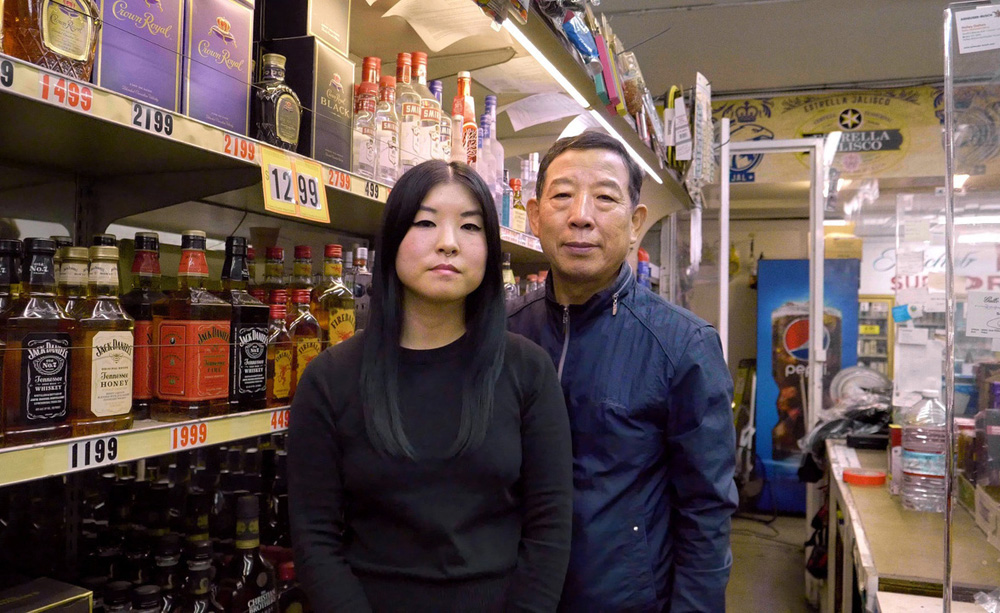There’s an internal dichotomy that the convenience store proprietor Hae Sup doesn’t necessarily see for himself in “Liquor Store Dreams,” believing it was destiny that brought him and his wife together shortly after she moved to America and the two got married less than a month later, still deeply in love 30 years later. “For the older generation, we feel fate is real,” he tells his daughter, the film’s director So Yun Um, though what he says about sharing a life with someone else is at odds with his beliefs about making a living, taking pride in making the choice to move to America with a mere hundred dollars in his pocket to build a business that could sustain a family.
These disparate attitudes may align quite naturally for Hae Sup, yet Um elegantly makes sense of them for those who may not entirely understand the immigrant experience, including herself among those who could use some context as a first-gen American of Korean parents in “Liquor Store Dreams.” It is fitting that one of the earliest images in the film is one of Um being brought into focus quite literally with her father holding the camera for a test shoot and the director shrewdly realizes throughout that while she’s telling a deeply personal story, it’s one that constantly requires an outside perspective to fully appreciate.
Although “Liquor Store Dreams” may center on her father’s 20-year run of a liquor store in South Central Los Angeles, a vocation that many from Korea ended up fulfilling with its punishing schedule that few would want, Um looks towards her contemporary Danny Park, who would seem to represent the ideal child of immigrants who worked hard so the next generation wouldn’t have to, securing a job at Nike, which had been a dream since childhood. Still, Park is called back to work at his parents’ shop on Skid Row after the death of his father, where he not only has to contend with possibly giving up on the professional career he always wanted to help his mother, but to face the potential of becoming his father, with whom he had a chilly relationship likely due in no small part to all the time and energy consumed by his work at the store.
The strong parallel between Park and Um becomes a fascinating centerpiece for “Liquor Store Dreams” as the two have the same sense of responsibility towards their parents but entirely different connections to them, yet being around the same age as each other, they share a generational disconnect when it comes to issues of race and building a family. While the film tells a story that likely could be set anywhere an immigrant community begins to assimilate en masse, the history of Los Angeles and the tensions that have long simmered between the Asian community and the Black community — punctuated with the murder of Latasha Harlins in 1991 over what a Korean shopkeeper believed was a stolen orange juice (the subject of Sophia Nahli Allison’s recent “A Love Song for Latasha”) — becomes an equally compelling undercurrent as Um films through the murder of George Floyd and opinions differ within the family about the aftermath.
Still, without the film ever coming across as treacly, love prevails when there may be a question of how people care for each other but never one of if they do, with the clashes brought about by coming up in a certain era or culture ultimately revealing why change may be difficult to come by but also the right way to fight for it by seeing something from another side, and when plenty of contradictions end up comfortably living next to each other, it’s part of the charm of “Liquor Store Dreams” that the specifics that many may get hung up on as points of division lead to what make it so beautifully universal.
“Liquor Store Dreams” will screen again at Tribeca on June 11th at 11:45 am at Cinepolis Theater 5 and June 12th at 5 pm at Village East Theater 5.




